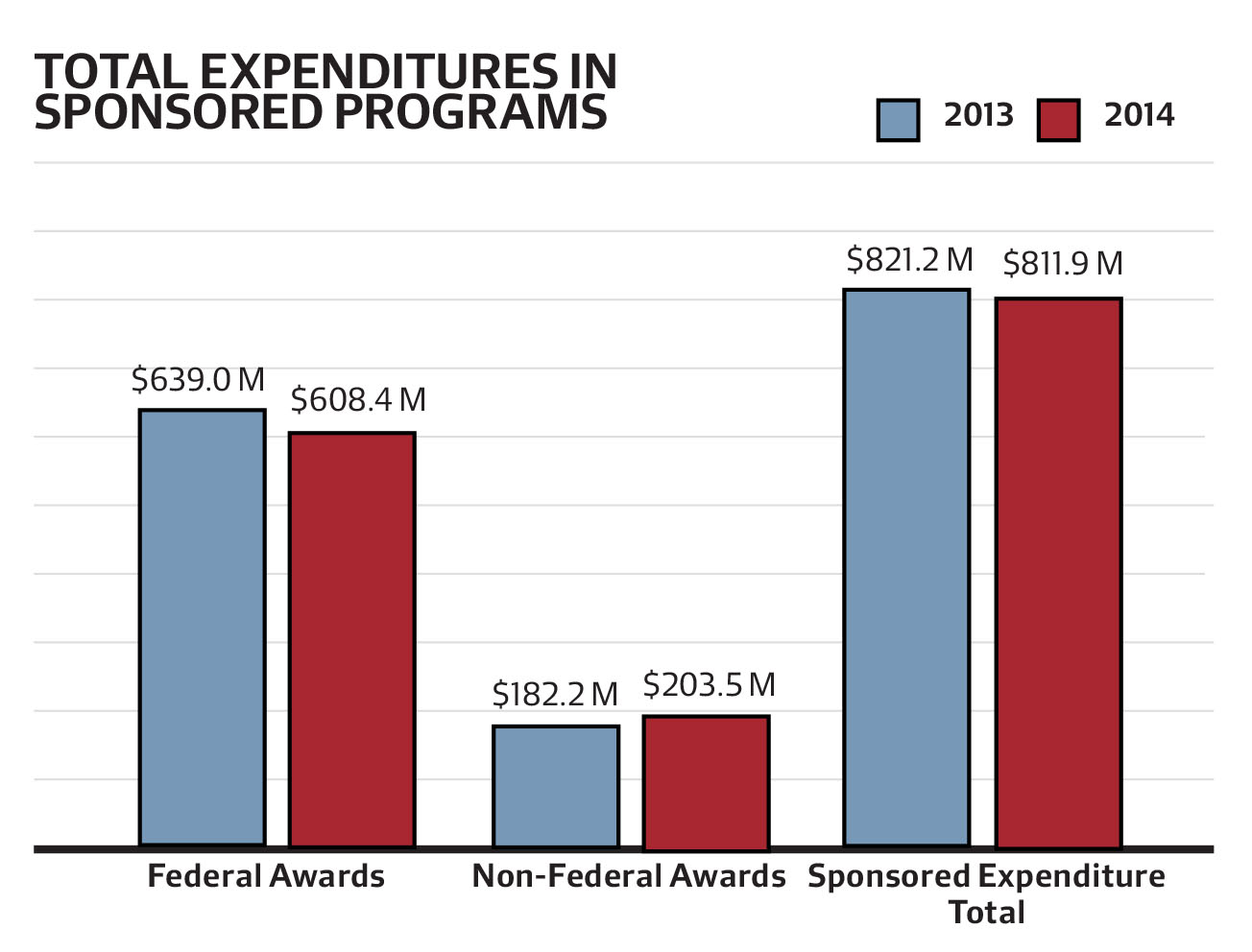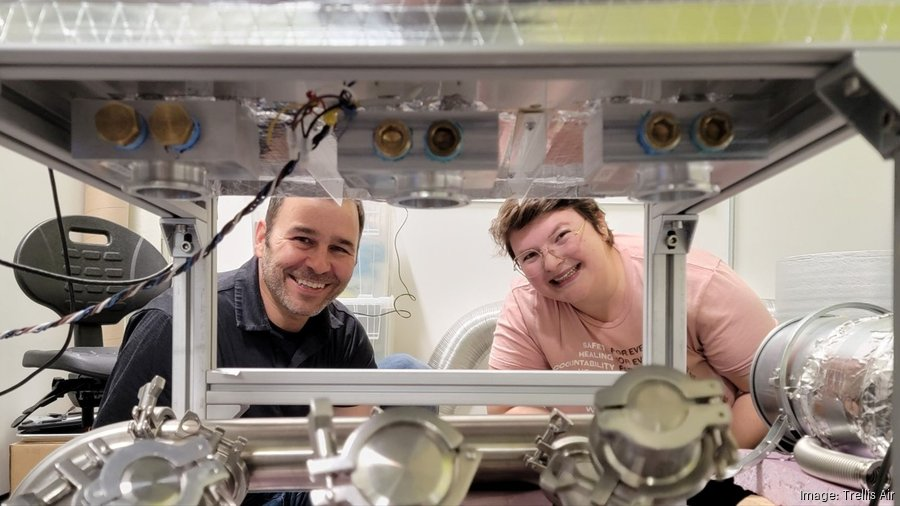The Harvard research funding crisis has emerged as a significant concern for the academic community, igniting fears about the future of scientific innovation in the United States. With a recent stop-work order issued by the federal government, several ongoing projects, including those led by Don Ingber at the Wyss Institute, are at risk of being halted indefinitely, affecting millions in research funding. This abrupt action followed Harvard’s refusal to comply with the Trump administration’s controversial demands—leading to escalating tensions that could ignite a series of academic research lawsuits. The fallout from this financial squeeze could disrupt essential research and stifle the scientific research impact that has long positioned American institutions at the forefront of global innovation. As faculty scramble to secure funding and jobs, the potential implications of this crisis are far-reaching, and the need for continued support for vital projects has never been more urgent.
The current turmoil surrounding academic financing at Harvard University has sparked an alarming wave of uncertainty, particularly among researchers engaged in groundbreaking studies. This funding dilemma, often referred to as the Harvard research financial crisis, has put several eminent initiatives, such as those directed by Don Ingber and the Wyss Institute, in jeopardy. Following a directive described as a stop-work order from federal authorities, many scientists are grappling with the implications for their projects and careers, as well as the broader consequences for innovation in the country. The stagnation of such vital research efforts could soon ripple across various sectors of society, potentially culminating in academic research disputes and lawsuits. The question remains: how will the university, its researchers, and the scientific community at large navigate these turbulent financial waters?
Harvard Research Funding Crisis: An Overview
The Harvard research funding crisis has emerged as a significant challenge for countless projects across the university, culminating from a controversial stop-work order enacted by the Trump administration. This dramatic action has not only halted ongoing research efforts but has also created widespread concern among students, researchers, and faculty who are uncertain about their future. With roughly $2.2 billion in federal research funding suddenly frozen, researchers like Don Ingber have been forced to scramble to ensure that their vital projects and talented teams are safeguarded amid this turmoil.
The legal battles that unfolded following this crisis add another layer of complexity. Harvard has initiated a lawsuit against the federal government, arguing that the demands surrounding the funding were unconstitutional overreach. This legal fight aims to restore funding and provide clarity to the uncertain environment researchers are navigating. With many dependent on the outcomes of these proceedings, the crisis continues to challenge the very framework of American academic research.
Impacts of the Stop-Work Order on Research Projects
The immediate consequences of the stop-work order have been dire for ongoing scientific projects, particularly those spearheaded by influential figures like Don Ingber at the Wyss Institute. These significant projects, many of which rely on multifaceted research funding, now face halted operations and disrupted timelines. Ingber’s organ-on-a-chip initiatives, for instance, exemplify the cutting-edge research that stands to suffer delays, posing potential setbacks in healthcare advancements. The ripple effects of such a funding freeze extend to students and postdoctoral fellows, many of whom had invested their futures in these research endeavors.
As researchers grapple with this unexpected interruption, the potential for lost experiments and stalled theses becomes increasingly concerning. The inherent uncertainty surrounding the stop-work order necessitates immediate and strategic decision-making, mirroring the difficult balance universities must maintain between nurturing talent and securing funding. As projects are paused, there is an urgent need for institutions to formulate contingency plans that can weather these funding storms and keep vital research alive.
Navigating Legal Challenges in Academic Research
As Harvard confronts the legal ramifications of the funding crisis, the lawsuit represents a pivotal moment in the intersection of government actions and academic research. Legal experts must carefully consider the implications of this conflict, examining both constitutional rights and the autonomy of educational institutions. With Harvard’s claim that the government’s demands represent illegal overreach, the outcome of the lawsuit is poised to set significant precedents that could shape future funding mechanisms and the operational freedom of universities.
Moreover, the academic community is watching closely as the implications of presidential policy decisions directly impact their ability to conduct research. This legal battle emphasizes the sensitive relationship between federal funding and academic independence, raising questions about how future administrations might approach research funding amid political tensions.
The Role of the Wyss Institute in American Innovation
The Wyss Institute, under the leadership of Don Ingber, has become a cornerstone of American research and innovation, particularly in the field of biologically inspired engineering. The groundbreaking work on organ-on-a-chip technologies underscores the institute’s contribution to society, with applications ranging from healthcare to space exploration. Ingber emphasizes that maintaining these innovative projects not only supports scientific advancement but also bolsters the economy and the culture of ingenuity that has characterized American research.
However, the risk of halted projects due to funding crises threatens to undermine this legacy. If researchers cannot continue their work, the effects may ripple far beyond the lab, impacting technological growth and the next generation of scientists. To preserve American leadership in innovation, it is essential to protect institutions like the Wyss Institute and ensure continued support for transformative research initiatives.
Implications for Talent Retention in the Face of Funding Cuts
The current funding crisis at Harvard poses serious challenges for talent retention within the scientific community. Researchers within the Wyss Institute face uncertainty, prompting some to seek opportunities abroad where stability may be more assured. This exodus not only risks derailing promising research projects but also damages the reputation of American institutions as safe havens for world-class talent. As noted by Don Ingber, fear of a hostile environment is prompting many researchers to reconsider their plans.
The long-term implications of losing highly skilled scientists could stifle innovation in the U.S., creating a vacuum that might take years to fill. Institutions are now urged to create not only more stable funding sources but also environments that attract international talent, allowing them to thrive without fear of being caught in political crossfires.
Future Directions for Academic Research Funding
In light of the current crisis, there is a pressing need to rethink the paradigm of academic research funding. The relationship between universities and government needs to evolve to ensure that research can proceed without the threat of sudden stoppages. As Harvard’s case illustrates, political dynamics can dangerously undermine the advancement of scientific inquiry and technological progress. Reassessing how funds are allocated and how institutions can be insulated from political volatility is crucial to safeguarding future research initiatives.
Moreover, fostering collaboration between governmental bodies, academic institutions, and the private sector could provide more robust funding strategies that support continuous innovation. A diversified funding landscape not only supports research resilience but also invites the exploration of new scientific frontiers, effectively positioning America as a leader despite potential political upheaval.
The Crucial Role of Innovation in Economic Growth
The intersection of innovation and economic growth has been highlighted throughout the current funding crisis, with leaders like Don Ingber advocating for awareness of the significant contributions that academic research makes to the economy. For decades, America’s innovation engine, driven by close collaboration between government and academia, has fostered groundbreaking technologies that have transformed society. The halt in critical projects has the potential to reverse this forward momentum, signaling that investment in research is essential for continued economic prosperity.
By illustrating the far-reaching impacts of successful research initiatives, this situation further underscores the need for a reevaluation of how federal funds are allocated. Economic stability cannot flourish without a lifeline to innovation, making it paramount that academic institutions receive the support necessary to cultivate scientific breakthroughs freely.
Addressing Mental Health Concerns Amidst Funding Uncertainty
The mental health of researchers and students is another critical aspect that cannot be ignored amid the funding crisis. The pervasive uncertainty surrounding job security, project viability, and potential layoffs creates a stressful environment within academic institutions. Many individuals are grappling with anxiety over their professional future, which can significantly impact creativity and productivity. Institutions need to recognize that nurturing mental well-being is essential for sustaining effective research activities.
Additionally, fostering a supportive environment is vital for retaining talent and encouraging innovative thinking during tumultuous times. By addressing mental health concerns proactively, universities can ensure that their researchers remain focused on their work and can contribute effectively to ongoing projects. Promoting mental health resources and open dialogue about the stresses faced during challenging periods can play a vital role in maintaining research momentum.
Long-Term Effects of Political Decisions on Scientific Inquiry
The current landscape of academic research funding illustrates a broader trend where political decisions wield significant power over scientific inquiry. As noted in the Harvard funding crisis, unforeseen political changes can freeze or destroy years of innovative work, pushing talented researchers toward more stable environments elsewhere. This shift could lead to a decline in the United States’ standing as a global leader in scientific research, as fewer scientists are willing to risk their careers in an unstable climate.
As the academic community grapples with these challenges, it is essential for scholarly organizations and institutions to advocate for their interests, pushing for policies that promote sustained funding and protect the integrity of scientific research. Ultimately, ensuring a stable funding environment will fortify the foundations of innovation necessary for preparing for future challenges.
Frequently Asked Questions
What is the Harvard research funding crisis related to Don Ingber’s projects?
The Harvard research funding crisis emerged when the U.S. government issued a stop-work order affecting Don Ingber’s crucial organ-on-a-chip projects at the Wyss Institute, halting over $19 million in contracts. This action stemmed from Harvard’s refusal to comply with certain governmental demands, leading to a freeze on approximately $2.2 billion in research funding.
How does the stop-work order impact scientific research at Harvard?
The stop-work order has significant implications for scientific research at Harvard, particularly regarding ongoing projects like those led by Don Ingber. It halts all activities, affects funding allocations, disrupts research timelines, and has led to uncertainty for both researchers and students about job security and project viability.
What are the implications of the Wyss Institute funding issues for scientific research?
The funding issues facing the Wyss Institute, particularly after the stop-work order, jeopardize vital projects related to health and space exploration. These disruptions threaten innovations in organ-on-a-chip technology that are crucial for understanding radiation damage and implications for astronauts during lengthy space missions.
How are academic research lawsuits connected to the Harvard funding crisis?
The Harvard funding crisis has escalated into legal action, where the university has filed a lawsuit against the government for what it claims is an unconstitutional overreach. This lawsuit aims to challenge the stop-work order and restore research funding essential for projects like Don Ingber’s at the Wyss Institute.
What is the scientific research impact of the ongoing Harvard crisis?
The scientific research impact of the Harvard crisis is profound, as ongoing projects face significant delays and funding shortages. This disruption not only affects the immediate research outcomes but also has broader implications for America’s innovation ecosystem, which relies heavily on consistent funding for academic research.
What measures are being taken in response to the Harvard research funding crisis?
In response to the Harvard research funding crisis, Don Ingber and his team are reevaluating project priorities, reallocating researchers to other funded projects, and actively seeking internal funds to mitigate immediate impacts. They aim to preserve critical research and support affected researchers during this turbulent period.
Why is the continuation of Don Ingber’s projects vital to Harvard and beyond?
The continuation of Don Ingber’s projects is vital as they employ groundbreaking organ-on-a-chip technology that provides insight into human health risks, such as radiation exposure. These studies not only influence potential treatments for cancer patients but are also essential for future space missions, highlighting the intersection of health and innovation.
How is the uncertainty from the stop-work order affecting researchers at Harvard?
The uncertainty from the stop-work order is causing distress among researchers at Harvard, leading to concerns about job security and project loss. Many talented scientists are reconsidering their career paths, with some seeking opportunities overseas, signaling a potential brain drain amid institutional instability.
What role does the IRS funding play in the Harvard research funding crisis?
The IRS funding plays a critical role in supporting research initiatives at Harvard, and the current crisis, highlighted by the freezing of federal funds, poses risks to various academic projects pivotal for innovation and technological advancement in the U.S.
How does the Harvard research funding crisis affect the global perception of American academia?
The Harvard research funding crisis negatively impacts the global perception of American academia, as uncertainty and instability may deter international researchers and students from pursuing opportunities in the U.S., potentially diminishing the country’s reputation as a leader in scientific innovation.
| Key Point | Details |
|---|---|
| Stop-Work Order Received | Harvard researchers received a stop-work order affecting over $19 million in contracts due to federal funding freeze. |
| Lawsuit Initiated | Harvard filed a lawsuit claiming the federal government’s demands were unconstitutional and sought restoration of funding. |
| Impact on Research Projects | Research projects, particularly organ-on-a-chip technology aimed at understanding radiation damage, have been halted, affecting student and postdoctoral work. |
| Significance of Research | Studies the effects of radiation on human organs and microgravity on astronauts, crucial for future space missions like Artemis II. |
| Talent Retention Challenges | Concerns over job security are prompting researchers to leave, with potential long-term impacts on attracting international talent to the U.S. |
| Broader Implications | The crisis raises concerns about the future of U.S. academic research and its role in driving technological advancement and economic growth. |
Summary
The Harvard research funding crisis has highlighted the precarious state of academic research in the United States. Following a halt in funding and a contentious legal battle, Harvard’s researchers face uncertainty regarding their projects and the future of innovation in the country. This situation underscores the crucial link between government support and scientific advancement, as halting research jeopardizes not only immediate projects but also the long-term health of the U.S. economy and its capacity for groundbreaking discoveries.



